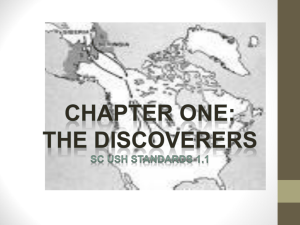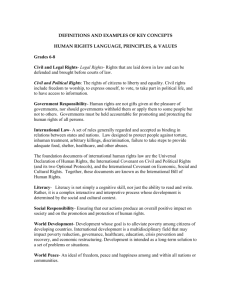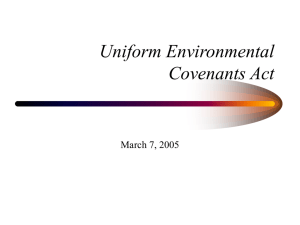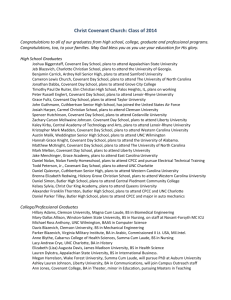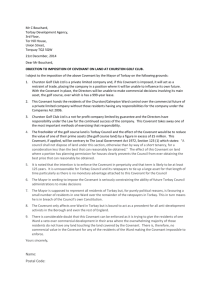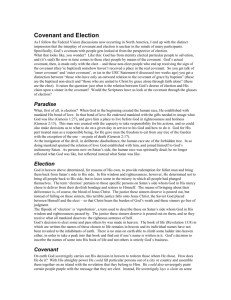Document
advertisement
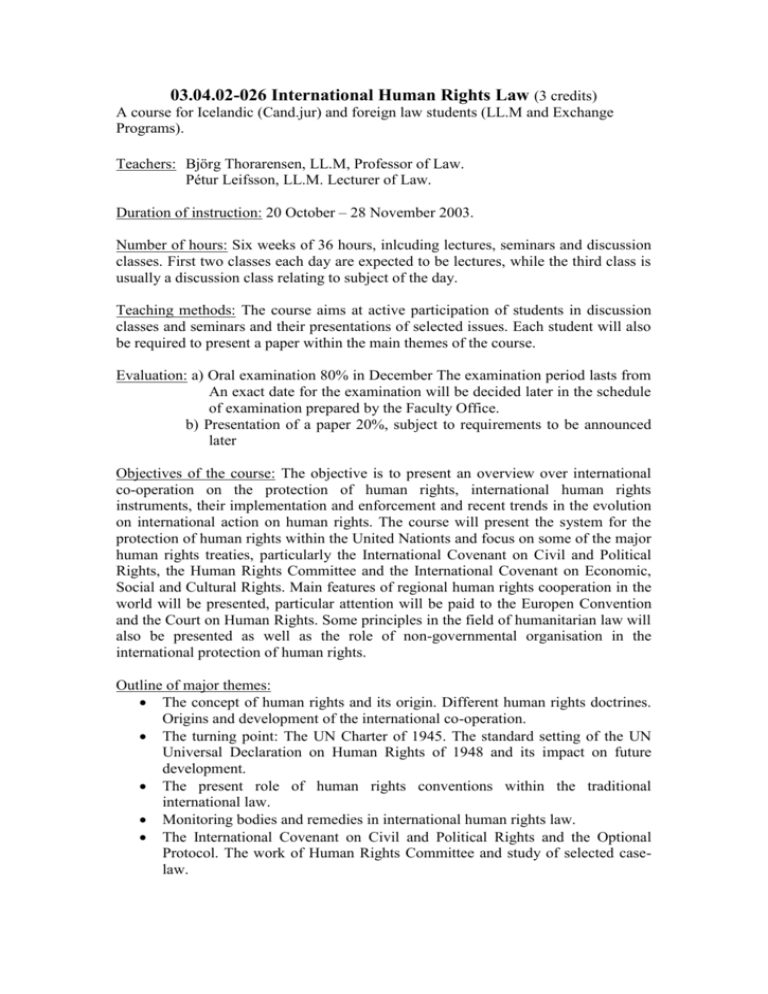
03.04.02-026 International Human Rights Law (3 credits) A course for Icelandic (Cand.jur) and foreign law students (LL.M and Exchange Programs). Teachers: Björg Thorarensen, LL.M, Professor of Law. Pétur Leifsson, LL.M. Lecturer of Law. Duration of instruction: 20 October – 28 November 2003. Number of hours: Six weeks of 36 hours, inlcuding lectures, seminars and discussion classes. First two classes each day are expected to be lectures, while the third class is usually a discussion class relating to subject of the day. Teaching methods: The course aims at active participation of students in discussion classes and seminars and their presentations of selected issues. Each student will also be required to present a paper within the main themes of the course. Evaluation: a) Oral examination 80% in December The examination period lasts from An exact date for the examination will be decided later in the schedule of examination prepared by the Faculty Office. b) Presentation of a paper 20%, subject to requirements to be announced later Objectives of the course: The objective is to present an overview over international co-operation on the protection of human rights, international human rights instruments, their implementation and enforcement and recent trends in the evolution on international action on human rights. The course will present the system for the protection of human rights within the United Nationts and focus on some of the major human rights treaties, particularly the International Covenant on Civil and Political Rights, the Human Rights Committee and the International Covenant on Economic, Social and Cultural Rights. Main features of regional human rights cooperation in the world will be presented, particular attention will be paid to the Europen Convention and the Court on Human Rights. Some principles in the field of humanitarian law will also be presented as well as the role of non-governmental organisation in the international protection of human rights. Outline of major themes: The concept of human rights and its origin. Different human rights doctrines. Origins and development of the international co-operation. The turning point: The UN Charter of 1945. The standard setting of the UN Universal Declaration on Human Rights of 1948 and its impact on future development. The present role of human rights conventions within the traditional international law. Monitoring bodies and remedies in international human rights law. The International Covenant on Civil and Political Rights and the Optional Protocol. The work of Human Rights Committee and study of selected caselaw. The International Covenant on Economic, Social and Cultural Rights. Obstacles in the implementation of social rights. Recent developments in complaint procedures. Other remaining UN human rights treaties and monitoring bodies. The right to self-determination and miniorities. The right to development. Main features of regional human rights cooperation. The European Convention and the European Court of Human Rights. The European Social Charter. Impact of the EU Charter. Special institutions: the standard setting and supervisory system of the International Labour Convention (ILO) Humanitarian law, the legal foundations of the Geneva Conventions and its protocols. International prosecution of offenders of violations of international humanitarian law. The role of non-governmental organisations for the promotion of human rights. Reading materials: Compulsory list: A H. Robertsson og J.G. Merrills: Human Rights in the World – An Introduction to the Study of the International Protection of Human Rights. Manchester University Press, 1996, pp. 1-190 and 270-315. An Introduction to the International Protection of Human Rights. A Textbook. Eds. R. Hanski og Markku Suksi, 2000. Selected Articles from the book, pp. 3-14, 79-142, 185-218, 275-306 and 371-388. Additional materials referred to or handed out by the teachers, e.g. case-law and texts of international instruments. The total of required reading amount to approximately 300 pages, besides international conventions, case-law and supplementary materials from the teachers. The compulsory reading materials are available at the Students Book Store. Suggested literature: Guðmundur Alfreðsson og Asbjörn Eide (eds.). The Universal Declaration of Human Rights. A Common Standard of Achievement. Martinus Nijhoff Publishers 1999 . A.Eide, C. Krause og A. Rosas: Economic, Social and Cultural Rights. Martinus Nijhoff Publishers 1995. S. Joseph, J. Schultz og M. Castan: The International Covenant on Civil and Political rights, Oxford University Press 2000. The United Nations and Human Rights. A Critical Appraisal. Ritsj. P. Alston, 1995. Dinah Shelton: Remedies in International Human Rights Law. Oxford University Press 1999. R.M.M. Wallace og K. Dale-Risk International Human Rights. Text and Materials, Sweet and Maxwell, 2001. Useful websites: UN High Commissioner of Human Rights: www.unhchr.ch Council of Europe: www.coe.int. International Labour Organisation (ILO): www.ilo.org
